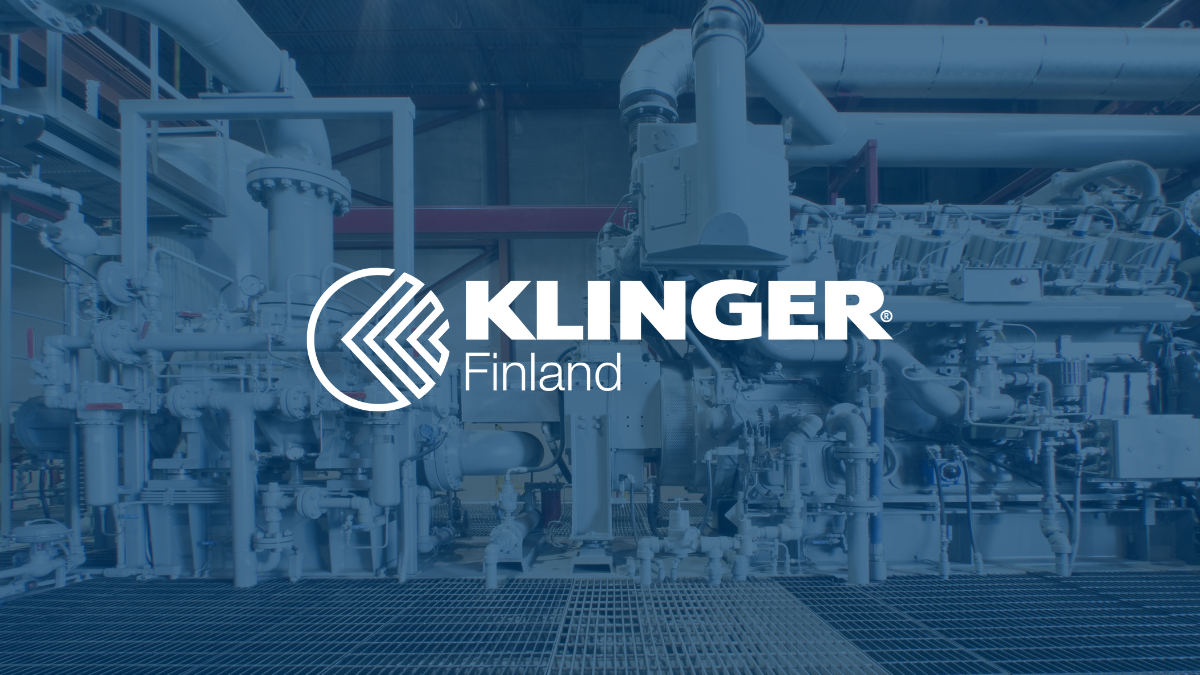What is a fiber laser?
A fiber laser is an advanced laser technology that has revolutionized numerous industries. Unlike traditional lasers, a fiber laser uses optical fiber as the active medium, enhancing its efficiency and performance. The basic principle of a fiber laser is that it generates a laser beam using optical fiber. This beam is extremely precise and powerful, making it particularly useful for various marking tasks.
The technology enables highly accurate and efficient energy use, which is crucial in industrial applications. Fiber lasers are compact and durable, making them an excellent choice for various industrial needs. Typical applications include permanent and precise marking on metals and plastics.
Applications of fiber lasers in industry
Fiber lasers have become indispensable tools in many industries, particularly in the marking of products and packaging. Their precision and efficiency make them ideal for situations requiring durable and clear markings. Fiber laser marking devices are particularly suited for use in machine shops, as well as in the plastics and brewing industries. For instance, in the electronics industry, fiber laser markings are used for component identification. In the pharmaceutical and food industries, they ensure product traceability and authenticity through clear markings.
One of KLINGER Finland Oy’s core missions is to optimize industrial processes, and fiber lasers provide an excellent tool for achieving this. We have witnessed how the use of fiber lasers has improved production line efficiency by reducing downtime and increasing production speeds. This is particularly important as competition intensifies and product quality requirements grow.
Advantages of fiber lasers compared to traditional lasers
Fiber lasers offer several significant advantages over traditional lasers. First, their efficiency is much higher as they can generate greater light output with lower energy consumption. This makes them both cost-effective and environmentally friendly.
Additionally, fiber lasers are extremely durable and completely maintenance-free, reducing the risk of downtime and maintenance costs. These features make fiber lasers an excellent choice for demanding industrial environments where reliability and longevity are crucial.
The impact of fiber lasers on sustainability
Fiber lasers significantly contribute to sustainability in industrial processes. Their energy efficiency results in lower energy consumption and, consequently, reduced carbon emissions. This aligns with KLINGER Finland Oy’s commitment to environmentally friendly practices.
Moreover, the precision of fiber lasers minimizes material waste in production. Accurate marking reduces the number of defective products, saving resources and lowering waste generation. This is a vital step toward a more sustainable and environmentally conscious industry.
Future prospects for fiber laser technology
The future of fiber laser technology looks promising, with ongoing innovation bringing new opportunities for industrial development. One notable trend is the integration of fiber lasers into automation systems, which can further enhance production line efficiency.
As technology advances, fiber lasers are also expected to become more affordable, expanding their accessibility to smaller businesses. Fiber laser technology is a key component of the industry’s future, and its importance will continue to grow as industries move toward smarter and more sustainable solutions.
At KLINGER Finland, we are committed to providing our customers with top-quality laser marking solutions that support industrial efficiency and sustainability.
